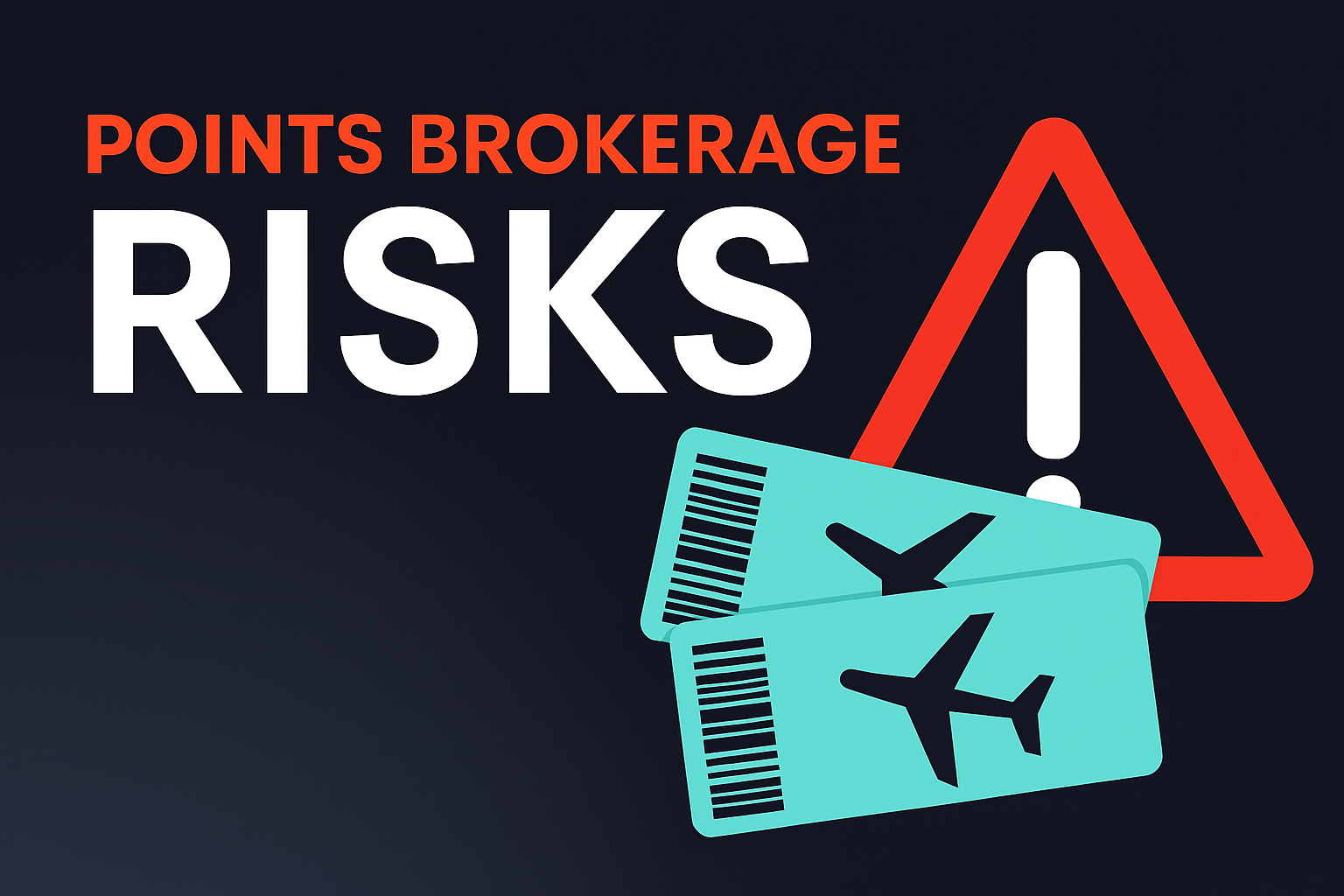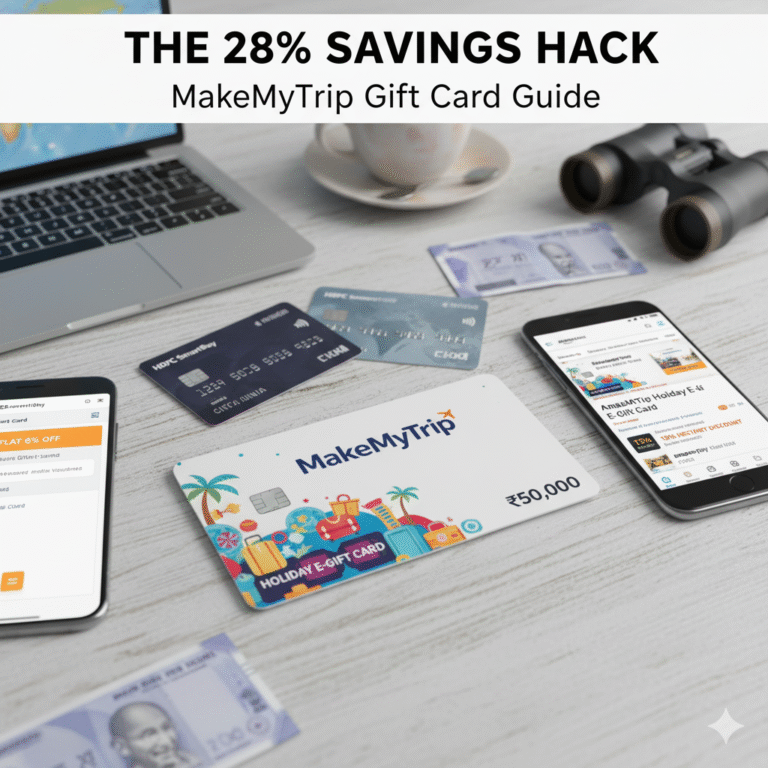The Perilous Playground: Why Buying or Selling Points and Miles Can Cost You More Than You Think
In the thriving world of points and miles, the allure of luxury travel for less is powerful. While loyalty programs are designed for personal accumulation and redemption, a grey market has emerged: points brokers. In India, a growing number of individuals are turning to these brokers to either offload their unused points for quick cash or acquire miles at seemingly discounted rates. However, this seemingly convenient shortcut is fraught with significant risks, often leading to account closures, lost funds, and shattered travel dreams.
While we strongly advise against engaging with points brokers, understanding why it’s a dangerous game is crucial for every mile-savvy traveler.
What Are Points Brokers and How Do They Operate?
Points brokers act as intermediaries. They buy points and miles from individuals who don’t intend to use them (often offering cents on the rupee for these miles) and then sell them to others, typically at a discount compared to direct airline/hotel purchases. They do this by either:
- Booking flights/hotels for you directly using their purchased miles.
- Transferring miles into your account (if permitted by the program, which is rare for third-party transactions).
Why Selling Your Points is a Bad Idea:
While the immediate cash gratification might be tempting, selling your hard-earned points comes with severe repercussions:
- Violation of Terms & Conditions: Every major airline and hotel loyalty program (e.g., Air India Flying club, Marriott Bonvoy, Flying Blue, Qatar Airways Privilege Club) explicitly prohibits the sale or unauthorized transfer of points. This is their absolute red line.
- Account Closure and Forfeiture: If caught, the loyalty program has the right to immediately close your account, confiscate all your accumulated points (even legitimate ones), and potentially ban you from future participation. This is often irreversible.
- Blacklisting: In severe cases, you could be blacklisted not just by that specific program but potentially across alliance partners. Imagine losing access to an entire airline alliance!
- Security Risks: Providing your loyalty program login details to a broker (which some might request for booking) exposes your account to potential fraud and misuse.
Why Buying Points is Even Riskier (Buyer Beware!):
While getting “cheap” miles seems like a win, the risks for buyers are arguably even greater:
- It’s a Fraudulent Transaction: The loyalty program considers the original seller to have violated their terms. Any booking made with these “tainted” miles is, by extension, fraudulent.
- Trip Cancellation: The most common and devastating outcome for buyers. Airlines/hotels regularly audit bookings. If they detect miles from a compromised or blacklisted seller’s account were used for your ticket/reservation, your booking can be canceled without warning, often with no refund, even if you’re already at the airport or checked in.
- Getting Stranded: Imagine your flight being canceled just hours before departure, or worse, mid-trip. You’ll be left stranded, having to pay exorbitant last-minute fares out of pocket.
- No Recourse: You paid a broker, not the airline. When your trip is canceled, the airline owes you nothing as the transaction was against their rules. The broker often disappears, leaving you with no way to recover your money.
- Scams and Phishing: Many “brokers” are simply fraudsters looking to take your money without ever delivering miles or bookings. They vanish once payment is received.
The Legitimate Way: Transferring Points within Family & Friends
If you genuinely have friends or family who could benefit from your points, most loyalty programs have official mechanisms for authorized transfers or sharing pools. This is the only safe and legitimate way to help others use your points:
- Family Pooling: Many programs allow you to create a “family account” or pool miles with immediate family members (spouse, children).
- Direct Transfers: Some programs allow you to transfer a limited number of points to another member’s account, often for a fee.
- Authorized User Bookings: Many programs allow the primary account holder to book a ticket for anyone (a family member, friend, etc.) using their own miles, as long as the primary member is making the booking from their account. This is perfectly legitimate.
The Golden Rule: Always refer to the official terms and conditions of your loyalty program for authorized sharing methods.
If You Still Insist on Buying (Proceed with Extreme Caution – Not Recommended!):
Despite the dire warnings, some individuals might still be tempted by significantly discounted rates. If you choose to engage in this risky activity, here are some (still not recommended) precautions:
- Trusted Sources (if any exist): Stick to brokers with a long, verifiable track record and extremely positive (and legitimate-looking) reviews. Be skeptical of deals that seem too good to be true.
- Due Diligence: Demand proof of the broker’s reputation, perhaps through references from other buyers.
- Payment Protection: Use payment methods that offer buyer protection (e.g., specific credit card types, though even these might have limitations for this type of transaction). Avoid direct bank transfers or cash.
- Small Transactions First: If you must, start with a very small, low-risk transaction to test the waters (though this doesn’t guarantee safety for larger ones).
- Understand the Risk: Go into it with your eyes wide open, knowing that any booking can be canceled at any moment, and your money could be lost.
The Bottom Line: Don’t Compromise Your Travel Future
While the temptation to sell unused points for cash or buy discounted miles is strong, especially with the prevalence of such activities in India, the risks far outweigh any potential short-term gain. The integrity of your loyalty accounts, the safety of your funds, and the certainty of your travel plans are all at stake.
Prioritize legitimate methods: earn points through official channels, leverage authorized family transfers, and redeem them responsibly. Your long-term travel future depends on it.







